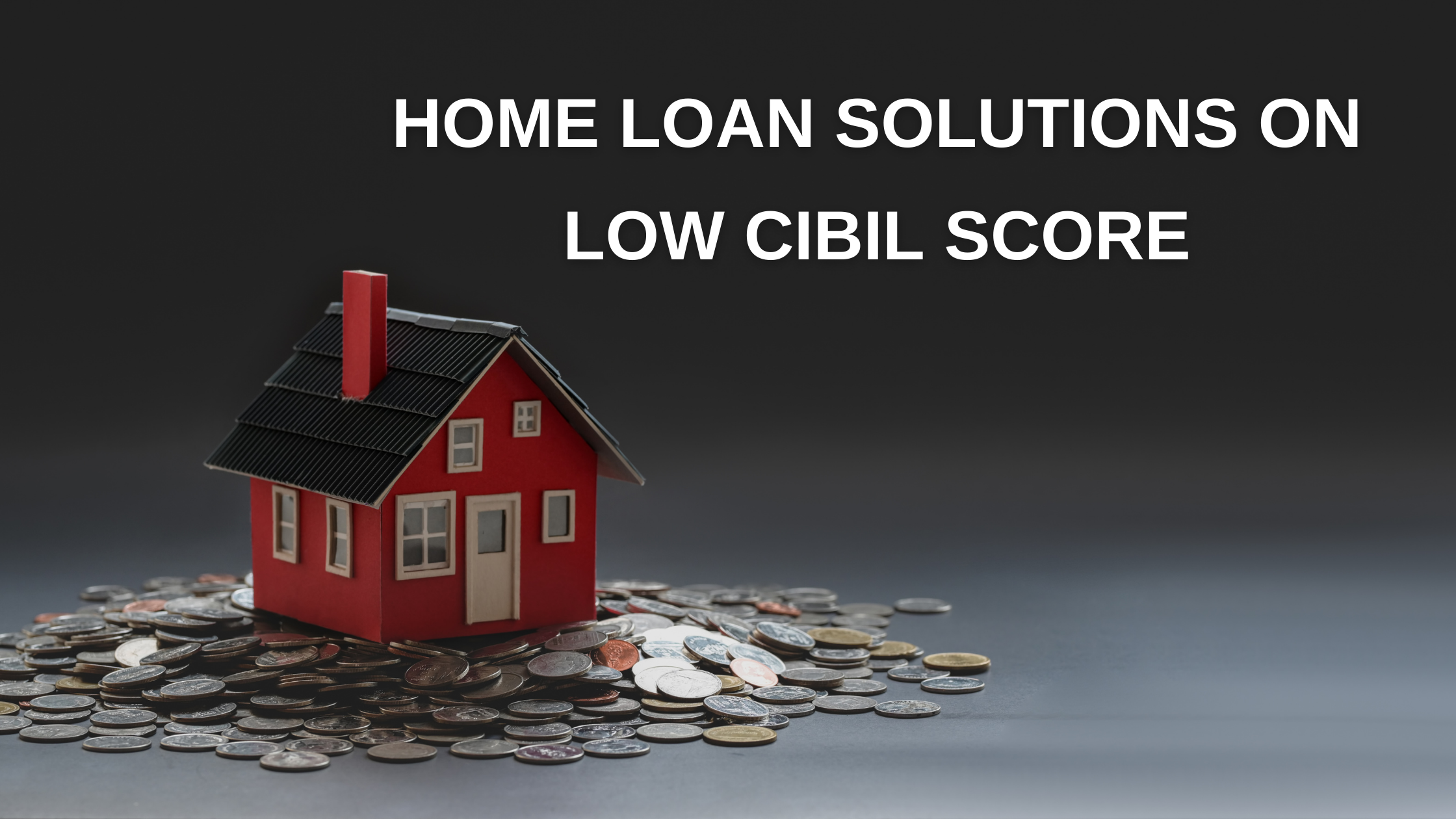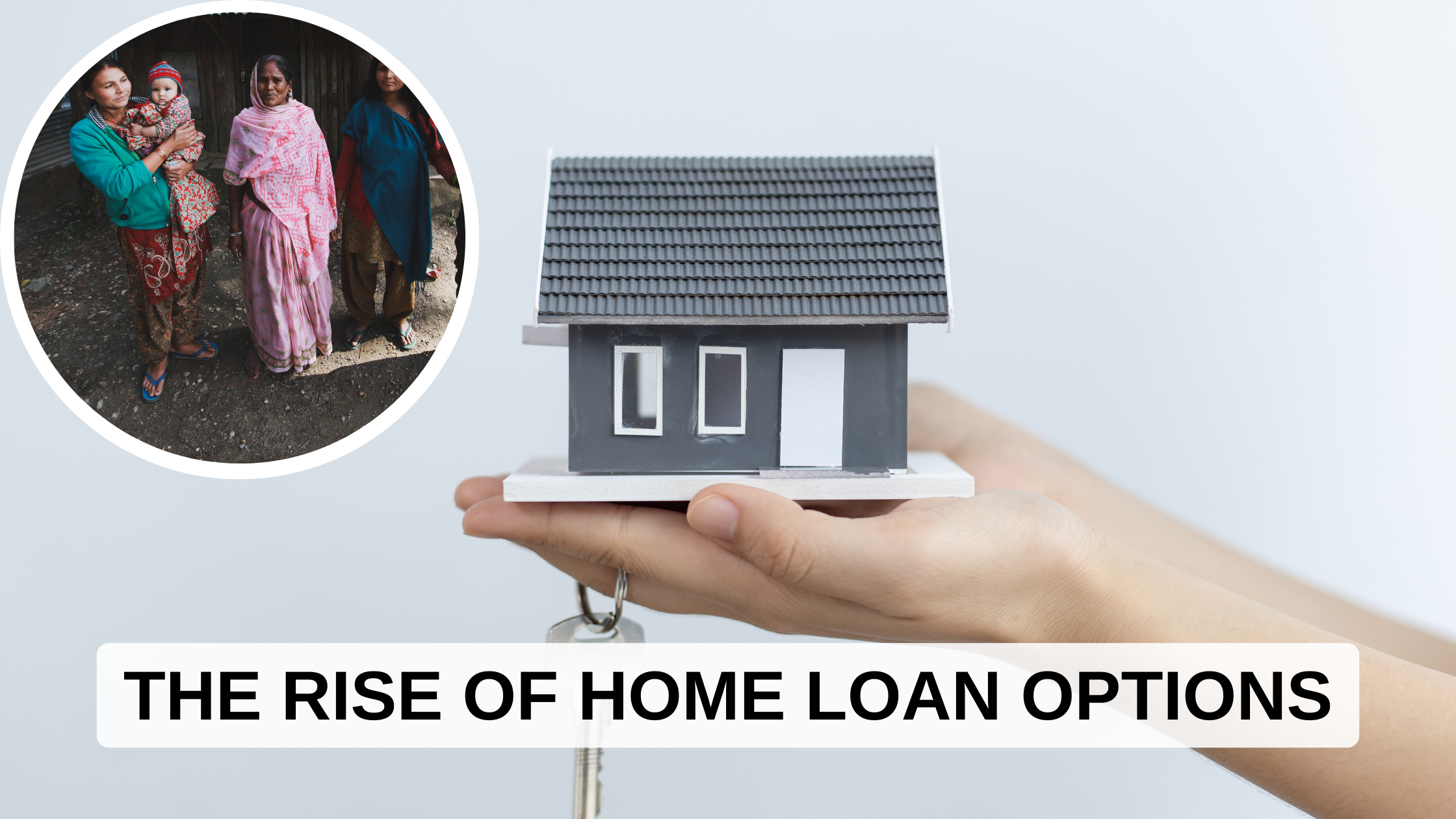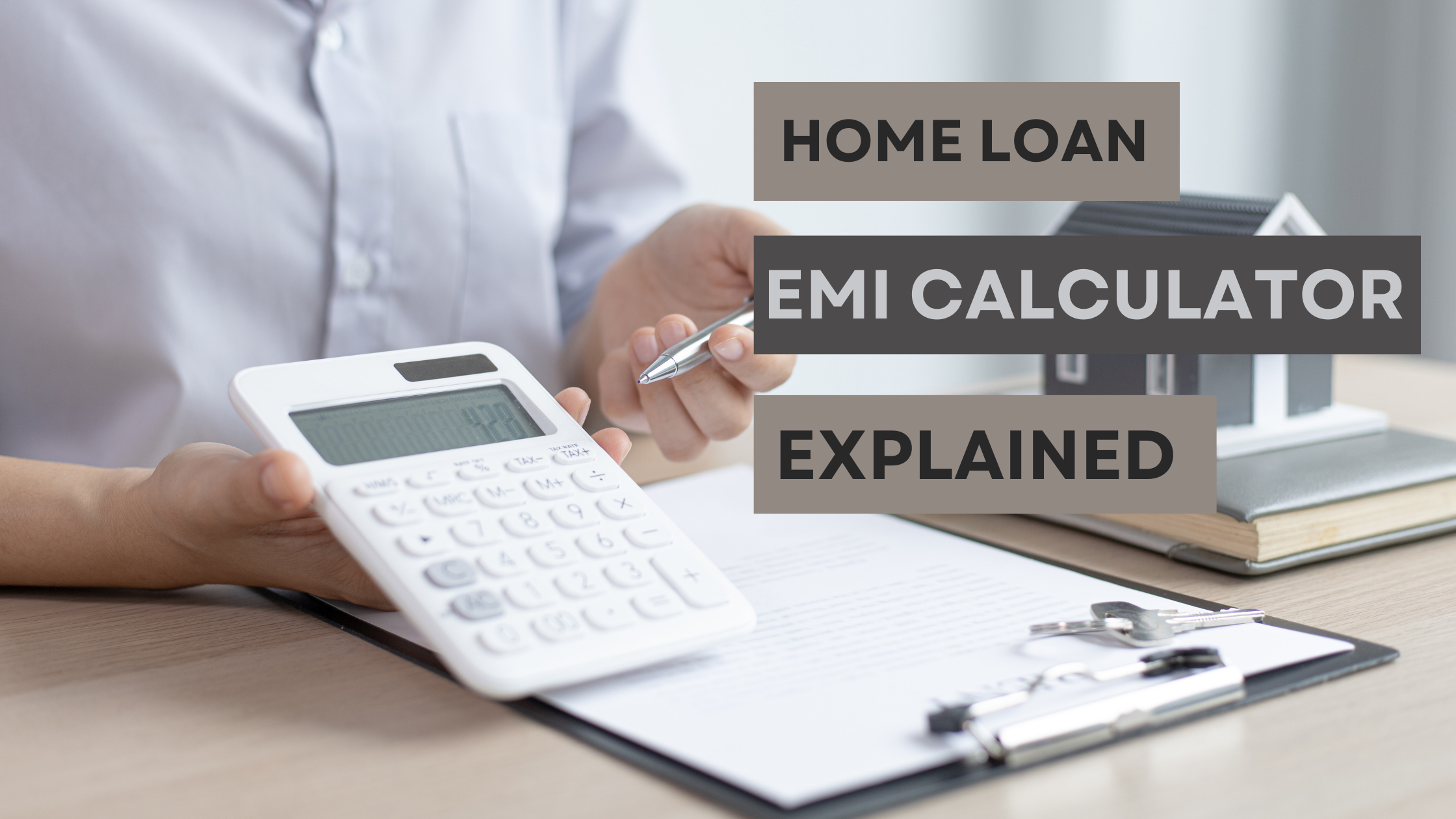A Loan against Property is a multipurpose loan that is mostly availed to fund various expenses like higher education for children, weddings, home renovation, business expansion, medical bills, other personal expenses, etc.
LAP is a secured loan that banks and housing finance companies provide against residential or commercial property. These loans are generally offered at a comparatively lower interest rate than a personal loan or business loan. Any individual with a pre-owned property can avail of such loans, whether they are salaried or self-employed in a business or professional setup.
The demand for LAP is increasing among individuals because of three primary reasons:
It is cheaper than a personal loan
The applicant can continue to occupy his or her property even after the loan is availed
The loan can be used for a variety of purposes such as unforeseen medical expenses, children’s higher education and marriage, or expansion of a business.
Besides, existing customers of a bank or housing finance company need not go through the document verification process again.
A loan against property is a boon for both business owners and salaried employees. Self-employed who are seeking funds for expansion of their business can make use of this facility. Salaried professionals facing a sudden medical crisis that may require long-term treatment, including expensive surgery, or sending children to a foreign university for higher studies can avail the facility for raising funds. A LAP not only leaves one’s savings intact but also comes at low-cost EMIs with repayment tenures of as long as 10 to 15 years. The low-interest rates on such loans dilute the repayment burden.
All these and other benefits help in the growth of the business or safeguard the financial future of both the loan applicant as well as his or her family. The only criterion for availing of a loan against property is that the loan should be for a legitimate purpose.
Let us have a look at some of the aspects of Loan Against Property before we plan to take one.
Rate of Interest
Shubham Housing Finance provides loans against property to customers at a competitive interest rate starting from 15% to 19% and administrative and operational costs of up to 3%. Do not commit yourself to any lender until you have done an interest rate comparison of the loan against the property and are convinced that it is a good deal.
Loan Amount
The principal amount of your loan is determined by a very careful assessment of the value of the property. Nevertheless, feel free to approach different banks and non-banking financial companies to get an estimate of the loan against the property your flat or commercial space commands. The maximum amount of loan provided under Loan Against Property is Rs. 15,00,000 by Shubham Housing Finance. Our loan against property is reasonably convenient to use and repay in easy EMIs with affordable rates of interest along with minimal fees.
Loan Tenure
The maximum repayment tenure for a loan against property offered by Shubham is 15 years, i.e. 180 months. The length of the tenure will make the EMI amount contract proportionately. Unless you use the loan amount for another real estate investment and the EMIs are impacted by rate changes in your floating interest rate. Longer tenure no doubt also increases your total outgo as the interest rate gets compounded. So it is advisable to make an interest rate comparison of loans against property.
Lastly,
As a property owner, it is a great option to access the financial assistance you need by availing of a loan against your commercial or residential property.
Not only do you get to avail a form of a secured loan that typically disburses large loan amounts, but you also get to continue occupying the property in question.
All that is required is a reliable lender that offers the benefits and features you need with their loan products.
To that end, you can consider availing a loan against property with the reputed Shubham Housing Finance. The loan against property at Shubham Housing Finance offers loan amounts of up to Rs. 15,00,000 at flexible tenures of up to 15 years, i.e. 180 months based on your eligibility.





.jpg)
.jpg)








